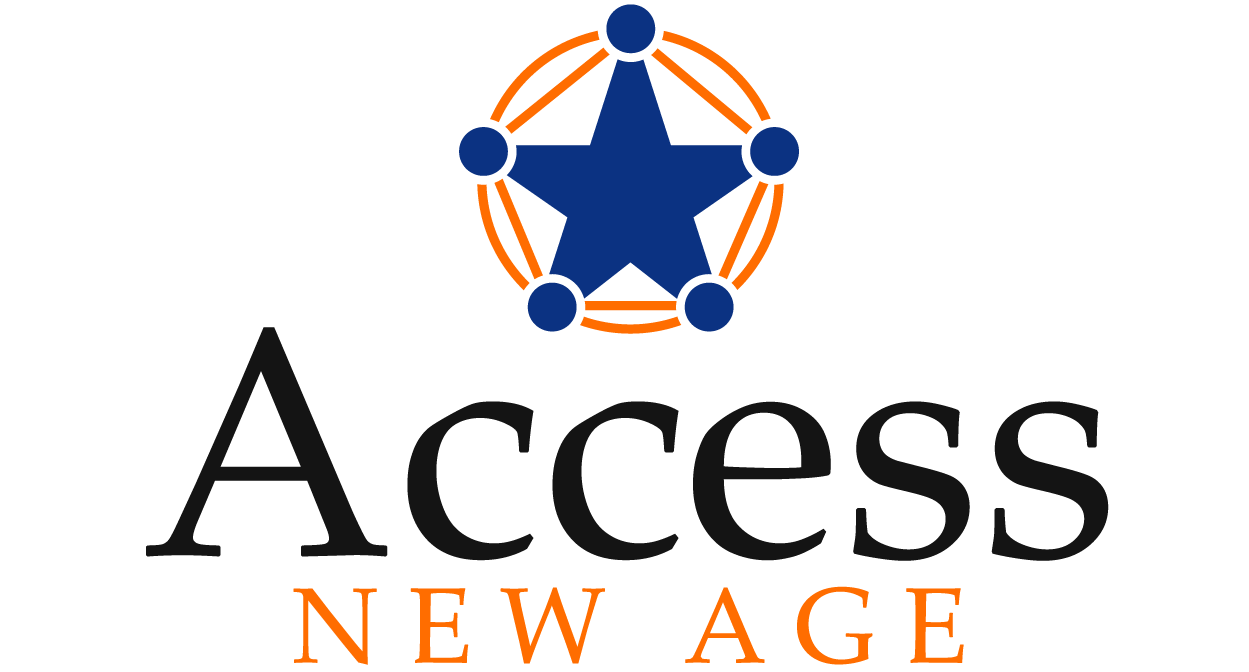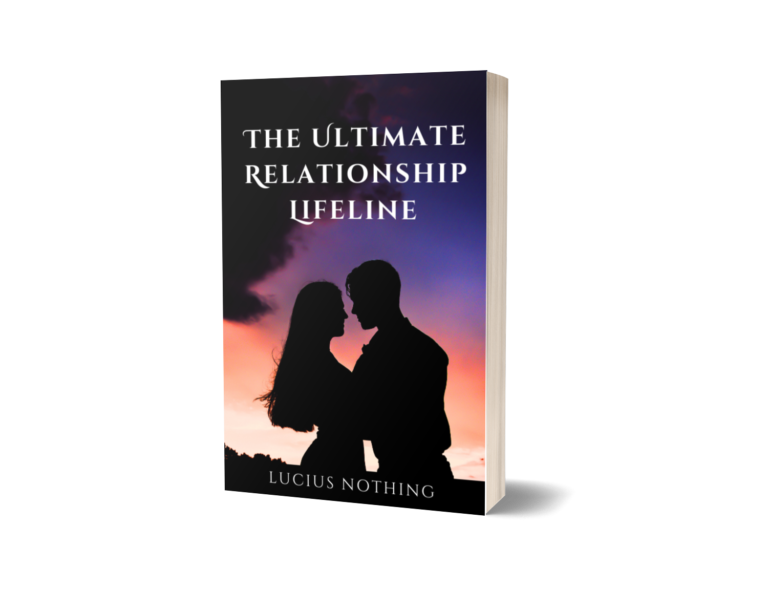Every Tarot reader has their own approach to reading the cards, but there are some questions that are universally well received by Tarot readers, and others that aren’t.
When a querent comes into a reading, they don’t necessarily have any previous experiences with the Tarot to rely on, and some of their impressions of what the Tarot is, how it is used and what it is capable of may have been shaped by movies and other pop culture representations that are not necessarily accurate or representative of what a typical reading is really like.
For example, a querent may ask a closed questions such as, When is he going to propose? While the Tarot can definitely help bring up some deep insights about the relationship itself, and about the compatibility of the people involved, it is unlikely to be able to answer, with finality, if and when the querent’s romantic partner is going to pop the hoped-for question.
Some readers are comfortable giving closed and definite answers, but most are not. The reason why some readers might react differently to closed questions – like the one about when the querent’s partner is going to propose – comes down to different world views. While some readers may believe that the future is pre-determined, already set in stone, most of us believe that the future has not yet manifested.
Asking the Tarot cards questions can help stake out and reveal the energetic trails that the querent’s current actions, attitudes and circumstances have laid out in front of them, but the future is not yet here. I can still be changed and influenced until it comes into the present and takes on tangible, undeniable form in the shape of events and experiences.
In other words, it is a pretty important part of a Tarot reader’s job to help gently guide the querent to asking the right questions, so that the answers that come up in the Tarot sessions are clear, insightful, detailed, constructive, and very importantly, empowering.
Managing Tarot reading expectations
Before heading into a reading, it is a good idea to get clear on what your Tarot card questions are. And it is perhaps just as important to get clear on what you can and cannot expect from a Tarot reading, before you sit down with your Tarot card reader of choice – or with your own cards, if you are learning Tarot and are practicing reading for yourself.
Knowing what to expect helps you avoid any potential disappointment or mix-up of expectations in relation to the Tarot divination. I’ve lost track of how many times I have sat down with a new querent and quickly discovered that some of their expectations have been a little unrealistic, usually because of the way Tarot readings are often presented (and misrepresented) in popular culture.
In those instances where a querent has come to the divination session believing that I, or the Tarot cards, have the power to tell them, definitively, on which date they can expect to get married, give birth to their first child, or die, the reading has had to start with a gentle adjustment of expectations.
The most important thing when you are reading Tarot cards for a querent is to help them ask good Tarot questions that are going to yield useful insights and answers from the cards.
What the Tarot cards can and cannot answer
The Tarot draws on various spiritual and religious systems and borrows many of their symbols – but the Tarot is not inherently tied to any one spiritual or religious philosophy. The Tarot is agnostic, and does not require either the reader or the querent to believe in any particular spiritual authority or reality.
Asking the Tarot cards questions is not going to lead to sugarcoated messages – they are going to tell it like it is. Not every Tarot session is a feel-good, happy reading, in the same way that a reading with oracle or angel cards is all but guaranteed to be.
While the tone of the Tarot cards is proactive, encouraging and empowering, it can also be rather direct and unfiltered – like a metaphysical kick in the butt. Of course, the Tarot reader may work as a buffer between the querent and any particularly blunt messages delivered by the cards, but many readers simply focus on channeling the messages they see in the cards – which might not be everyone’s cup of tea.
The Tarot cards do not decide the future. The cards can sense more than the conscious mind, and a Tarot reading essentially looks at the different trails of energy that are already laid out in front of the querent. The Tarot cards can help the reader pinpoint and detect various events and circumstances in a state of potential, but the Tarot reader cannot say definitely that a particular event is going to happen on a particular date – because it has not happened yet, and depending on the querent’s actions and path leading up the expected event, it might never.
The Tarot cards also cannot contact the dead, or speak on behalf of the dead. Essentially, communing with the dead, or with other types of spirits, is beyond the scope of the Tarot cards.
That’s not to say that there are no professional Tarot card readers who are also mediums and use a Tarot deck as a focusing tool when making contact with other realms of existence. But it is important to know that the Tarot cards are not intrinsic conduits for messages from the dead – or from spirit guides, ancestors, angels or other external forces.
The worst questions to ask in Tarot readings
The Tarot cards lend themselves better to answering certain types of questions than others. For example, the Tarot cards are very good at answering open-ended questions and providing sweeping overviews over complicated and seemingly insurmountable situations – but they are less adept at answering closed questions requiring definitive yes or no answers.
To illustrate, here is a list of the worst Tarot questions those who are unfamiliar with or new to the cards tend to ask.
Questions you don’t truly want answers to
Because the cards tend to deliver their messages in a concise, direct, no-filter tone, one of the worst Tarot questions you can ask is a question you don’t truly want an answer to.
For example, if you are having trouble in your love life and are worrying about a potential breakup in the near future, do not ask a question about your relationship if you are not willing or prepared to hear the answer.
The Tarot is not known for being a good news only oracle -if major conflict or heartbreak are looming large in your love life, but you want to hear some good news, don’t ask about your current relationship.
Questions about people who have not consented and are not present for the reading
One of the worst questions to ask the cards is any question that is intended to spy on a person who is not present for the divination session and has not consented to having Tarot cards read about them.
It is not that such third-party spying is not possible with the cards, but it is definitely unethical.
Medical or legal issues
There are specific questions that a person might be facing or struggling with that are better answered by other kinds of professionals.
The most obvious examples of this are questions about medical issues or the law. It is safe to assume that most readers are neither trained medical professionals or lawyers – and while it might feel helpful or nurturing when the reader turns the Tower card over in the spread and tells you that the biggest obstacle you are currently facing is going to shatter reality as you know it but ultimately set you free, it doesn’t tell you whether that lump under you arm is actually cancer.
When you or someone else is going to die
The Tarot cards are not great at answering, with accuracy, any questions related to timing. The reason for this comes back to the fact that the future has not yet arrived and is malleable and changeable until it arrives – and the further away a specific event is, the harder it becomes to predict.
Given these realities, it becomes all but impossible – unless the reader possesses exceptional psychic powers -to pinpoint a distant time when the querent is going to die.
Closed questions
Generally speaking, closed questions requiring clear yes or no answers, or any question related to specific timing, are all very difficult for the cards to answer with finality and accuracy.
More often than not, reality is not as simple as yes or no, and the future is changeable until it manifests in the present.
To give you the gist, here are a couple of examples of the types of closed questions that are difficult for the Tarot – or anyone but the querent themselves – to answer:
- Is my current partner my true love?
- Is my relationship going to last forever?
- Is my boyfriend/girlfriend going to propose?
The same question over and over again, hoping for a different answer
If at first the cards don’t give you the answer you were hoping for, it can be tempting to ask again, in the hopes of a different and more pleasing outcome.
Asking the cards the same questions over and over again are likely to only muddy the waters further, by yielding increasingly inaccurate readings.
The best questions to ask a Tarot reader
Finding good questions to ask the cards doesn’t have to be difficult. As a rule of thumb, open-ended questions that are focused on you (if you are the querent) and your experience of the matter at hand are always good questions to ask.
Here is a rundown of the best types of questions to ask the cards.
Spiritual path, self-exploration and self-improvement
Open ended questions related to spiritual growth, self-development, self-improvement and personal growth all constitute good questions to ask the cards.
Great self-development questions to ask the cards could be:
- How can I improve my self confidence?
- How can I connect more with my intuition?
- How can I stop procrastinating and focus on my dreams?
- How can I learn to communicate my truth better?
Crossroads and dilemmas
When you are facing a crossroads or a dilemma in life and are wondering how to move forward, the cards are your best friends. Practice asking open-ended questions that help you sense the energy and vibe of the different options laid out in front of you.
Here are a few examples of great types of questions to ask when you are facing a difficult decision:
- Which of these options is going to allow me to connect better with other people/express my creativity/make more money/have more fun
- What are my true emotions and motivations and where are they guiding me?
- Tell me about each of these three options
Career path and wealth
Questions about career, avocation, ambition, money and stability are common fare for professional readers, and understandably so. Next to our love lives, nothing is more important than how we spend our time, express ourselves creatively, and to what degree we get to enjoy the fruits of our labour.
Open questions related to career path, professional ambition and money-making efforts or ideas are great questions to ask the cards.
Here are a few examples of great career related questions:
- What are some gifts and talents within myself that I need to explore and lean into more to boost my career?
- How can I move forward with my creative ambition?
- What is the potential in my current career vs. the job I have just been offered?
- What kind of work would fulfil me the most?
- How would this person be as a potential partner in business?
- Tell me how I can attract more wealth and abundance into my life
Love life
Love and relationships are popular themes in Tarot readings, and when the questions are phrased openly, the cards can help yield a lot of insight and truth about a querent’s love life.
Here are a handful of examples of the kinds of questions that are great to ask the cards:
- How can I attract love into my life again?
- How can I be the best partner I can be in this relationship?
- How can I connect more with my soul mate?
- How can I express my emotions more authentically?
- How can I attract better relationships?
Non-romantic relationships
The cards can bring up important insights related to any of your human relationships, not just the romantic ones. Asking the right (open) questions can help you find and focus on solutions to interpersonal conflicts and more.
Here are a few examples of suitable questions to ask the cards about friends, family etc.:
- How do I support my friend through their recovery?
- How do I heal/improve my complicated relationship with my mother?
- How can I approach rebuilding a relationship with an estranged friend/family member?
The key to asking good questions
Only your imagination – and the requirements of your life – place limitations on the kinds of questions you can ask the cards. With Tarot, it is always a matter of asking them the right way.
When you want to ask your Tarot cards about something, here are a few keys to remember:
- Keep questions open, not closed
- Keep the focus of the question on you, your experience and your journey
- Keep in mind that the future is not yet set in stone – and that it won’t be until it manifests


